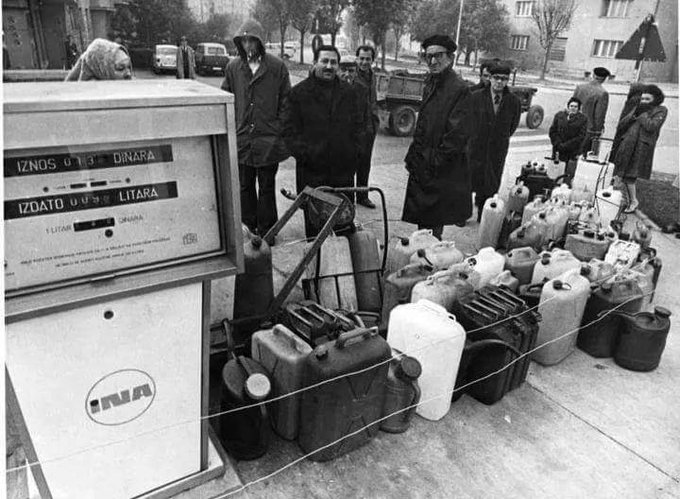While the mainstream media and certain “Yugonostalgics,” especially supporters of the Levica party (the Left), continue to praise the times when Slovenia was still part of Yugoslavia, a poll conducted by Episcenter for the magazine Domovina (Homeland) proves that the vast majority of Slovenians are still proud of their country, which is celebrating 30 years of independence this year, and they would decide for an independent Slovenia again. Today, 92 percent of the respondents would vote for an independent Slovenia, which is three percent less than the number of people who voted for independence at the plebiscite in 1990, but it is still a lot.
This year, Slovenia is celebrating 30 years of independence, which was back then, and still is today, a glorious event. However, when reading and watching the articles prepared by the majority media, one definitely sees a different picture: people seem to be disappointed with independent Slovenia and believe that Yugoslavia was a fairy tale country, where life was better, where everyone had everything, everyone was equal and there were no differences among the people. This is certainly not true, it is just what the media wants us to believe, as they want to destroy the positive story of independence and those who fought for it.
In a conversation with the opposition on the national television RTV Slovenia, the leader of the Levica party, Luka Mesec, said that he does not think that gaining our independence was “some kind of an ultimate event in Slovenian history,” adding that the history written on the 8th and 9th of May in 1945, when the Republic of Slovenia, which was a federal republic within Yugoslavia, was created, was much more important. The survey shows that the majority of those who wish we had stayed in Yugoslavia are supporters of the radical left-wing Slovenian party.
The survey also shows that for the vast majority of Slovenians, independence is the most important event in the history of the Slovenian nation, which disproves the coverage of the mainstream media outlets about how Slovenians are disappointed in our country. Yugonostalgia among Slovenians is far from being as present as it sometimes seems through the obviously inflated public media discourse. Especially among young people, who are much more focused on the Slovenian and European future.
It is a fact that in Yugoslavia, people were poorer than they are now, and the standard of living was significantly lower. While the people worked hard for the basic necessities, the leading party members bathed in the luxury of stolen goods taken from the honest people during the communist revolution. All of this, however, was hidden behind high walls and away from the public eye, with the intention of preventing ordinary citizens who believed the empty promises of equality from finding out the truth. But even now, in current times, the media do not report objectively on life in the former times of self-governing socialism.
Anita Gužvič


